Using an existing SSIS package, I was trying to import .xlsx files we received from a client. I received the error message:
External table is not in the expected format
- These files will open in XL
- When I use XL (currently XL2010) to Save As... the file without making any changes:
Does anyone know what kind of file this could be?
It would be nice to develop my SSIS package to work with these original files, without having to open and re-save each file. There are only 12 files, so if there are no other options, opening/saving each file is not that big of deal...and I could automate it with VBA going forward.
Thanks for any help anyone can provide,
CTB

